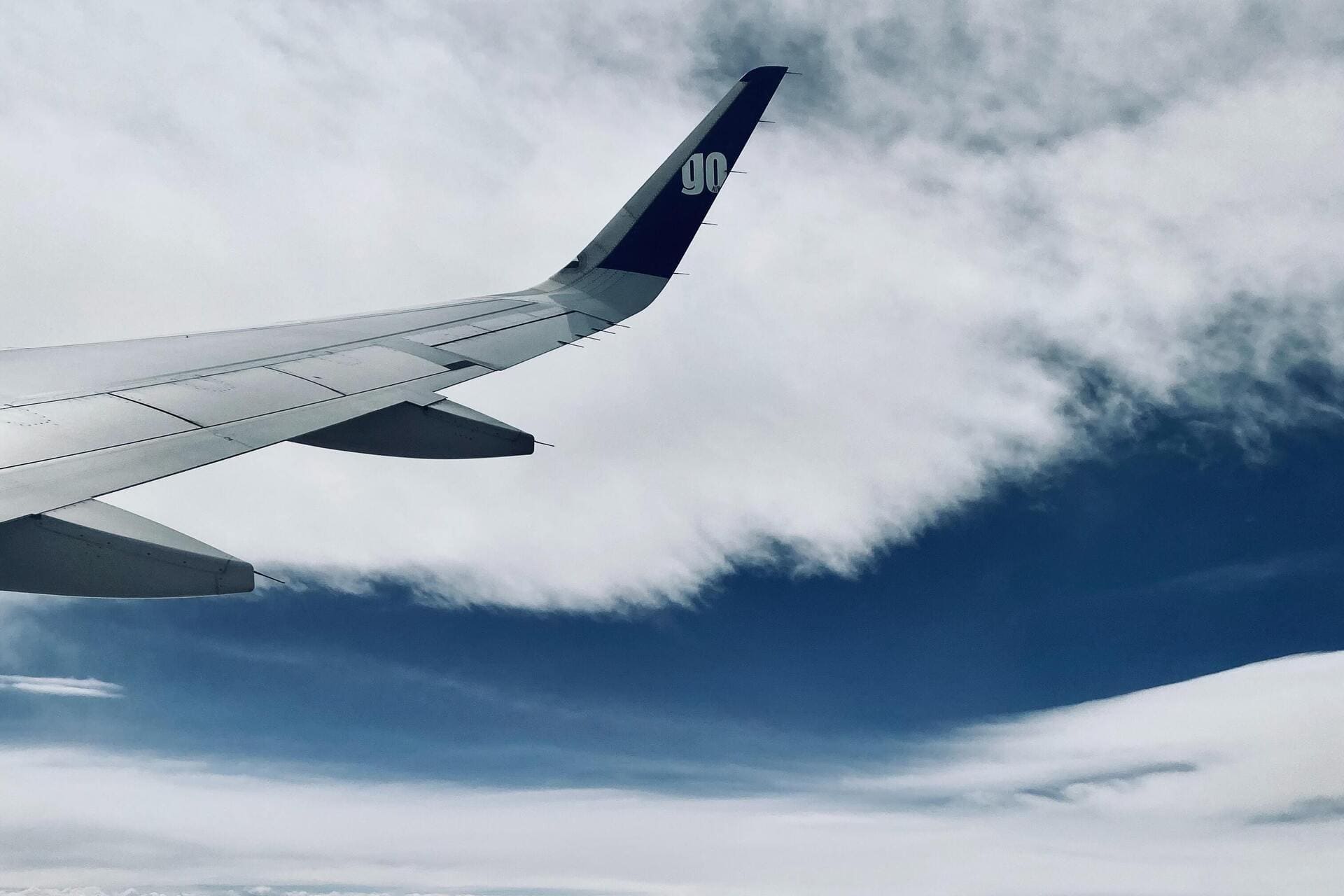Airplanes working on used cooking oil? This might become real – in a mere decade.
Sustainable feedstocks, such as used cooking oil, farm waste, and household trash, are all ingredients for the newly introduced Sustainable Aviation Fuel (SAF). It drastically reduces in-flight carbon emissions by up to 80%, and promotes recycling.
Aviation currently accounts for about 2% of global carbon emissions; the International Air Transport Association intends to achieve net-zero emissions by 2050, as stated at the Advantage Travel Partnership’s annual conference on Saturday. SAF is a step towards this goal.
There are some doubts: at this stage of development, SAF needs to be mixed with traditional fossil fuels; it is also twice as expensive as the traditional fuel.
However, the number of flights on SAF continues to rise. Consumers are demanding more eco-friendly flights, making SAF an important step in the carbon offset.



